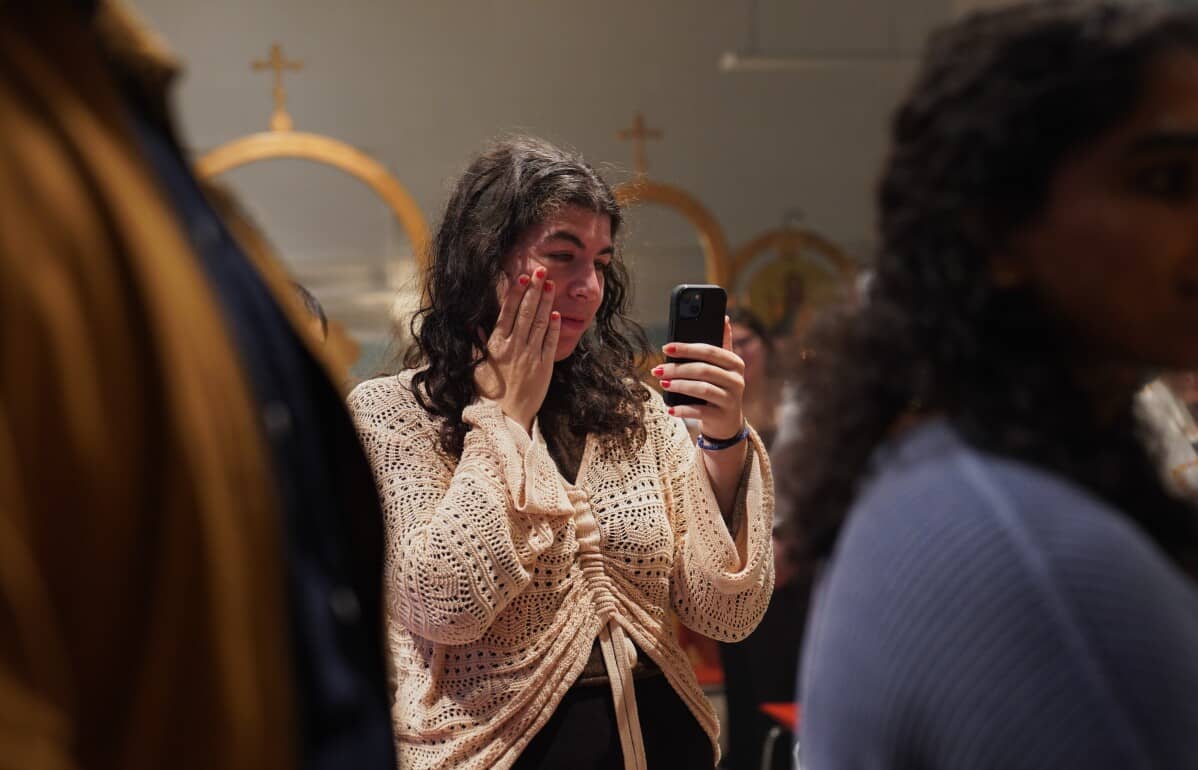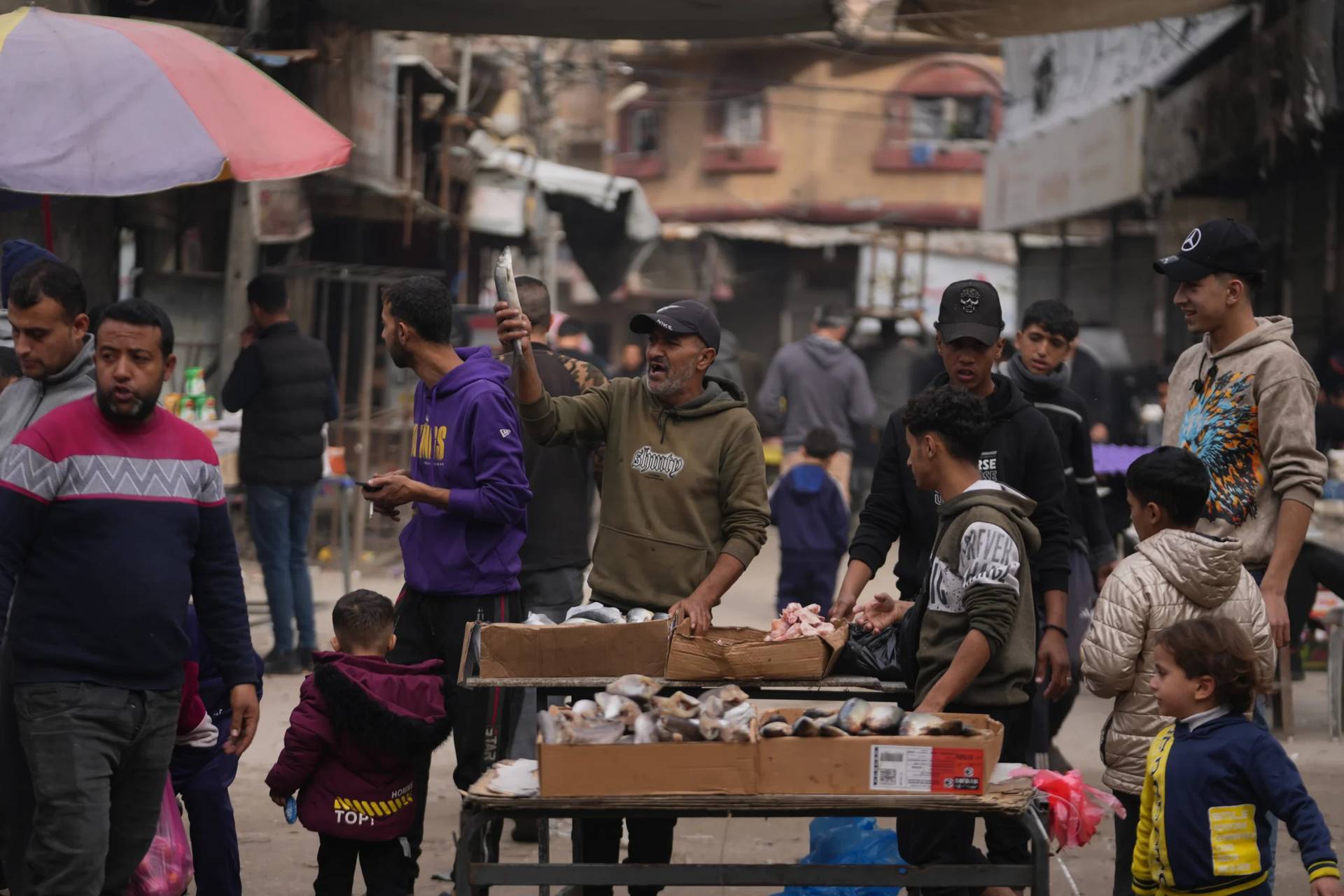CLEVELAND — The coronavirus pandemic has thrown the world into turmoil, but Pope Francis’s 2015 encyclical on care for creation can guide individuals to reassess life’s priorities in response, a trio of prelates agreed during an online roundtable discussion.
Such reflection can lead to a fundamental personal conversion away from materialism and consumerism and toward new values rooted in the protection of the fragile environment, they said.
The encyclical, Laudato Si’, on Care for Our Common Home, was the focus of an hourlong conversation May 20 hosted by the U.S. Conference of Catholic Bishops among Archbishop Paul S. Coakley of Oklahoma City, Bishop Robert W. McElroy of San Diego and Auxiliary Bishop Robert E. Barron of Los Angeles as part of a week of programs, activities and prayer observing the document’s fifth anniversary worldwide.
“What strikes me most is the whole notion of ecological conversion,” Coakley said of the pope’s encyclical. “That’s a very fruitful path, I think, for a way into the document and the teaching of the Holy Father.”
The idea of conversion permeated comments from all three prelates. They encouraged Catholics and non-Catholics alike as they reflect on the fundamental questions of what matters most in daily life: family, a home and food.
“So the conversion is a biblical conversion, a conversion to a different worldview,” Barron said, explaining that God has not just redeemed people but creation as well. “That’s a deep level of conversion of consciousness,” he said.
Barron also described the pope’s writing as a critique of anthropocentrism, the view that human beings are the central or most significant entity on the planet who can manipulate nature to their liking.
The encyclical encourages a recovery of “a biblically rich imagination that doesn’t put the human powers at the center, but creation at the center,” he said.
With creation at the center of human imagination, people can begin to understand how fragile the environment is, McElroy said, picking up on the observation. Add the current concerns caused by the pandemic, he said, and people can “recognize the fragility of everything we consider secure.”
“What the pope is saying in a powerful way our world … is fragile and that we are called to respond to the created order and stop making things worse and to begin to heal creation,” McElroy said.
The prelates acknowledged the encyclical has gotten increasing attention in U.S. dioceses. While some dioceses have been slow to embrace it, many have readily moved forward in developing study groups, adopting curricula in schools and religious education classes, implementing the teaching across parish life.
Barron reminded viewers that it took time for the teaching of Pope Leo XIII in his landmark encyclical “Rerum Novarum” on workers’ rights, which ushered in the age of Catholic social teaching, to become a vital part of church life.
“If you asked in 1896 what has been done, probably not much. It takes a while for the church to form its traditions,” Bishop Barron said. “Rerum Novarum” was issued in 1891.
“It will take time to assimilate this teaching into (the church’s) broader social teaching,” he added. “I think it will be one of the great legacies of Pope Francis’ tenure.”
It’s young people who have embraced the pope’s teaching on the environment, McElroy said. “They understand intuitively the themes of Laudato Si’,” he said.
While agreeing that it may not be appropriate to measure the influence of an encyclical on church life in five years, McElroy said the rapid advance of climate change poses an urgent threat to humanity. “We don’t have 40 years left on the climate if we’re not attentive to it as a global community,” he said.
In 2018, leading climate scientists warned that unless global warming is kept to a maximum of 2.7 degrees Fahrenheit by 2030, the threat of severe drought, floods, extreme heat and poverty for hundreds of millions of people will worsen.
Coakley suggested that raising awareness of the encyclical and environmental threats to the world may hinge on building a sense of solidarity — a principal of Catholic social teaching — among people across boundaries of nation and economic class.
The pandemic may forge solidarity as people realize no one is exempt from the threat COVID-19, the illness caused by the novel coronavirus. “The pandemic has led us to see that we are all in this together,” he said.
In much the same way, people can come to understand that Pope Francis explains in his encyclical that creation is threatened by excessive lifestyles, materialism and excessive waste, the archbishop said.
As expected, the conversation left questions unanswered. It was meant as a beginning point for people to consider how to integrate the teachings of Laudato Si’ more fully into daily life, said moderator Marianne Comfort, of the Institute Justice Team of the Sisters of Mercy of the Americas and a member of the Catholic Climate Covenant’s steering committee.
One beginning, Coakley suggested, could be a walk in a park or viewing the stars in the heavens on a clear night. Such simple steps can renew appreciation of the importance of human stewardship of creation, he said, while the cautious practices put in place to mitigate the pandemic remain.
“Hopefully,” he said, “that will lead us to a greater sense of humility before the Creator.”















